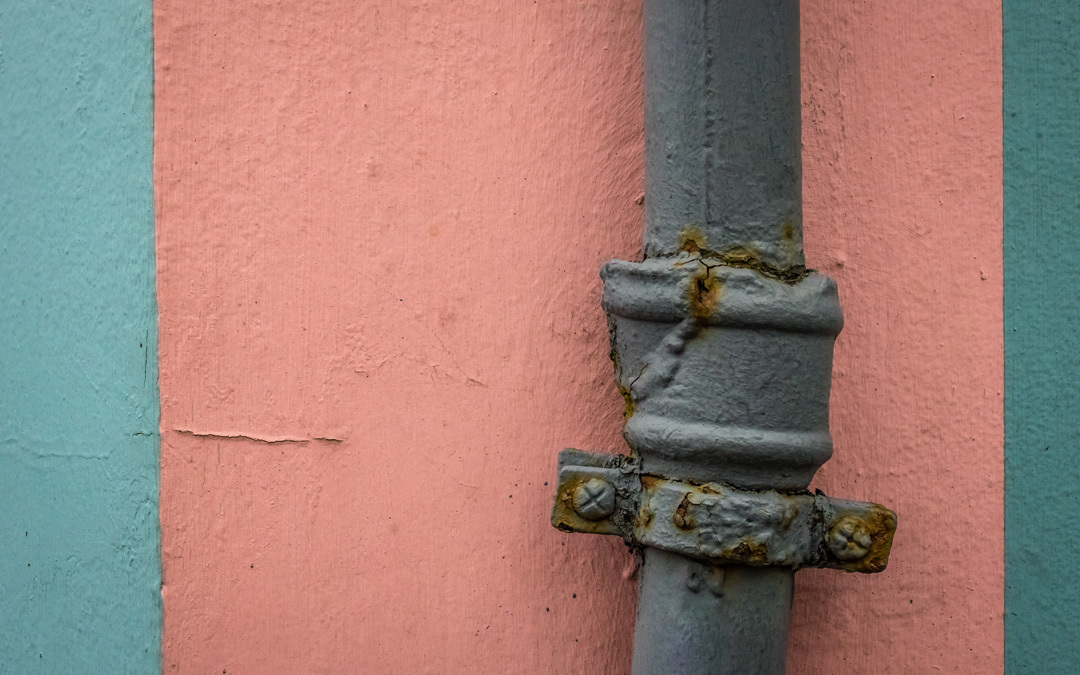During the sudden cold snap in late February, Mississippi cities found themselves without water and power for days. The disaster revealed multiple infrastructure issues within the state, and has motivated calls for action from the state legislature. Water plants became inoperable in the extreme cold, leaving many without access to water for days. Groups like the Hope Policy Institute have pointed out the harrowing effects that the crisis has had on low-income communities. Field team lead for the Poor People’s Campaign, Danyelle Holmes, spoke with Gizmodo on the subject of infrastructure and the frustration of some communities with the state legislature. “I want clean water and a stable system in the city of Jackson, but not only just in the city of Jackson, I want that for the rural communities that are suffering”.
Water systems issues are not a new concept in Mississippi, there have been water main breaks and lead concentration issues for years before the cold snap. Some pipes in the area are more than one hundred years old, and are in dire need of replacement. According to Ms. Holmes, it is not uncommon for the water treatment plant to lose pressure, even in times of kinder weather. In lieu of these issues, local and state governments have clashed in their stance on the problem.
City governments lack the proper funds to fix infrastructure within their cities, and the state government refuses to take responsibility. Though there is some hope for the rural communities within Mississippi, in the form of the WATER Act. The WATER Act would allocate $35 billion per year towards infrastructure repairs and managing water contamination nationwide. Local figures, however, continue to stress the importance of grassroots efforts and doing everything possible to support the community in times that the state does not.
The PIONEER system is the first of its kind whole-house lead, cyst and PFOA/PFOS removal system. Visit the PIONEER system page to learn more.



